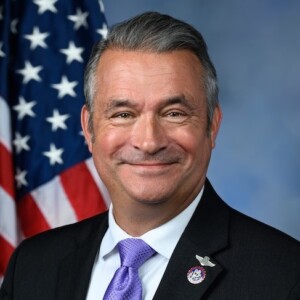Agriculture and Food: Past Projects
Midwest Row Crop Collaborative
The Midwest Row Crop Collaborative is a diverse coalition working to expand agricultural solutions that protect air and water quality and enhance soil health while remaining committed to producing enough food to feed the growing global population. These leading companies and conservation groups are all committed to building a broad partnership in three pilot states: Illinois, Iowa, and Nebraska. This group measured and delivered improved environmental outcomes through cross-sector collaboration and continuous improvement at a meaningful scale throughout the Upper Mississippi River Basin. Learn More
Food Waste
Food waste poses serious challenges for families and the world alike — from wasted resources to climate change. In 2016, Keystone led discussions aimed at confronting this global challenge through collaborative strategies, information sharing, and coordinated action. Learn More
Sustainable Beef
Maryland Managed Pollinator Protection Plan Summit
In June 2014, President Obama directed the Environmental Protection Agency to engage state agencies in developing Managed Pollinator Protection Plans (MP3s) to mitigate risk to honey bees and other managed pollinators. The Keystone Policy Center worked with the Maryland Department of Agriculture and the University of Maryland to plan and facilitate a statewide MP3 summit for 70 stakeholders, along with conducting a stakeholder assessment leading up to the event. The summit enabled state agencies and key stakeholders to discuss and identify significant opportunities to promote managed pollinator health. It also established a framework for open communication and collaboration as the Maryland Department of Agriculture develops and implements the state’s MP3.









